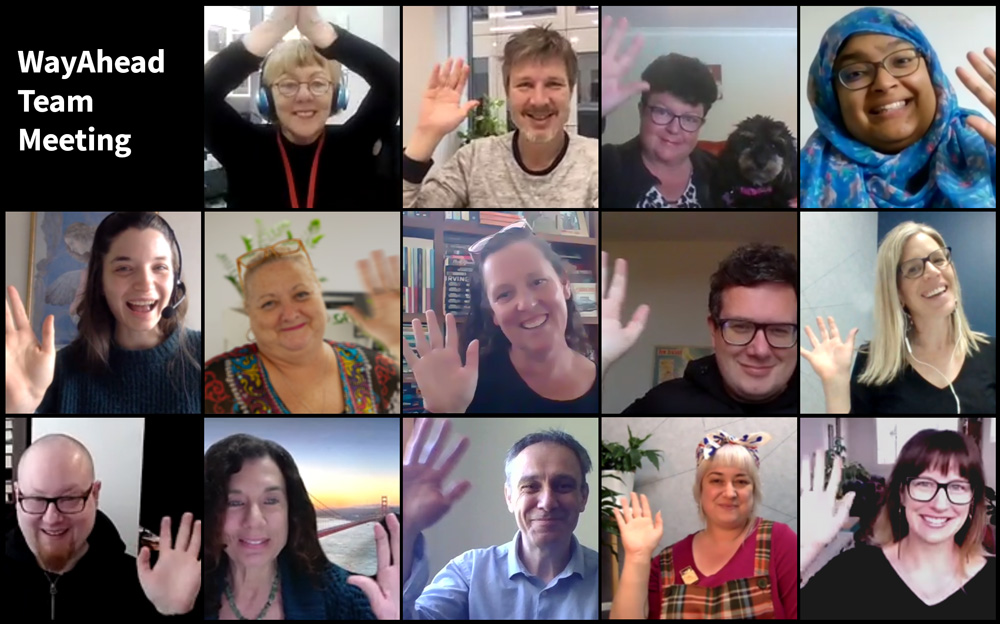Just like everyone has a level of physical health, everyone also has a level of mental health. Like physical health, we can experience variations in our mental health throughout our lives.
Mental health refers to a person’s social, psychological, and emotional wellbeing.
Physical health can be impacted by our general fitness, illnesses past and present and injuries. Similarly, mental health can also be impacted by a range of things. This includes how often we do things that improve our mental wellbeing, mental or even physical conditions we may be experiencing, and general life experiences.
Our mental health has a big impact on how we get through day-to-day life. If we generally have good mental wellbeing, it can be easier to cope when things get tough. On the other hand, if our mental wellbeing is low, it can be difficult to cope with both everyday difficulties and more major challenges making it harder to function to our usual or full potential.
For some people, good mental wellbeing comes easily and they don’t have to do much to build up their mental health. For others, this isn’t the case and getting to a point of mental wellbeing that allows them to live the life they would like takes a lot of work and a lot of support. Many people are in the middle – some aspects of mental wellbeing come easily and others take work.

Five Ways to Wellbeing
connection | being aware | helping others | being active | learning new things
Improving mental health
It may seem back-to-front but working on our mental health when things are going well is really important and can actually make getting through rough times a little easier to handle. If you think again about physical fitness, it’s not a great time to start a new fitness regime when you have a back injury, but if you already have good overall fitness you can recover from that injury quicker than if you didn’t. Working to improve our mental health when we are well, means that we have more skills we can call on when things are tough.
Improving our mental health can be tricky and many haven't had the opportunity to learn the most effective way of doing this. We can be hindered by the shame or stigma that can be associated with mental health issues. Whilst everyone has different ways to improve their mental health, and different things they’re able to do, there are some basic categories that have been shown to positively impact mental health. These are known as the “Five Ways to Wellbeing”.
Five Ways to Wellbeing
- connection
- being aware
- helping others
- being active
- learning new things
Think about which of these resonates or jumps out at you as something you would like more of and what you can do to have more of this in your life. You can LEARN MORE ABOUT THE FIVE WAYS
Some other things that have demonstrated benefit for our mental health include:
- getting enough sleep
- spending time with people we care about
- taking care of our physical health; and
- developing a range of coping skills you can draw on when things get tough.
WayAhead Mental Health Information Line
1300 794 991
Available Monday to Friday 9am to 5pm
Support
Like many things in life, improving our mental health can be difficult if we’re on our own. Although getting help can be hard, it is worth persevering as it can make a significant, positive difference. This might mean reaching out to people you’re already close with, joining a social or support group to form new connections, or finding a more formal way of getting help, like talking to a professional.
For some, getting professional help is really important but aspects of it can also be really difficult. We know there are many barriers that prevent people from getting help, such as ability to afford, or find, the right professional help. It can be helpful to have someone support you through the process of finding and seeing a professional. This could be someone close to you, a trusted community member or a peer worker, who is someone with a lived experience of mental health issues who can help you navigate the system.
Finding help
The WayAhead Information Line can help you find out more about what is available in your area, and can be called Monday-Friday during business hours: 1300 794 991
If things are going well for you, it can be a really good time to offer support for others if you are able. You might know someone who is going through a rough time who could use help getting to appointments or doing household tasks.
You might also be able to help in your community.
For more information you can check out our SHARE THE JOURNEY FACT SHEET

Search the WayAhead Directory for a mental health or community service near you
wayaheaddirectory.org.au
What about mental illness?
Some people’s experiences include mental health problems, or even a mental illness. This doesn’t mean the person is weak or hasn’t “worked hard enough” – in fact, many people who experience mental health difficulties work incredibly hard on their mental health every day.
Mental health problems can affect anyone and are often a response to day-to-day difficulties. Some people can find it difficult to recognise when they are experiencing mental health problems due to shame or stigma. These often do resolve over time, especially when we get support, so recognising there might be a problem is an important first step. Everyone experiences mental health problems differently, but some things you might notice when things aren’t going well include: frequently feeling nervous or anxious; feeling irritable and quick to anger; feeling unusually tired; feeling tense; having unusual thoughts and avoiding pleasant or social activities. If you notice any of these things, it’s a good time to reach out and seek some extra support.
What is the difference between mental health problems and mental illness?
Mental illness is a bit different from mental health problems; it specifically refers to a diagnosable condition with specific symptoms. People who experience mental illness can, and do, still have good mental health – in the same way that someone who has a physical illness can still be in good health – it just might take some extra work and support. Mental illnesses are incredibly common and affect 1 in 5 Australians in any given year, but the experience different for everyone.
There are also lots of different ways we can think about and relate to mental illness and mental ill-health. For example, people from different cultural groups might have different understandings and relationships to mental ill-health. It’s important to remember that the majority of people who have a diagnosed mental illness can recover, especially when they receive support, effective treatment and compassion.
One of the things that many people with mental illness want others to understand is that the prejudice against mental illness can be really harmful, sometimes more than the actual experience of a mental illness. Prejudice and stigma can stop people from accessing the help they need, hinder their recovery, and prevent them from participating fully in life. Anyone can challenge prejudice and misconceptions and help make the world a bit easier for people experiencing mental illness.




